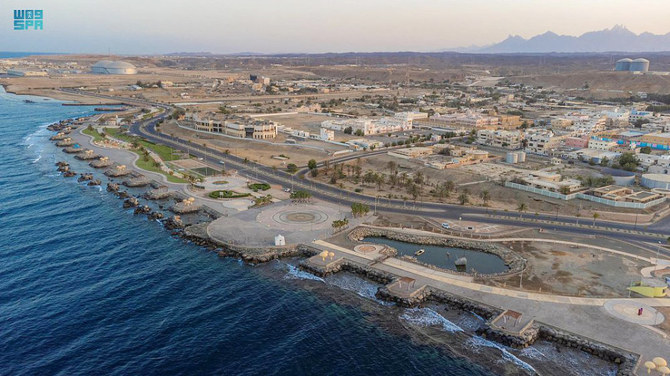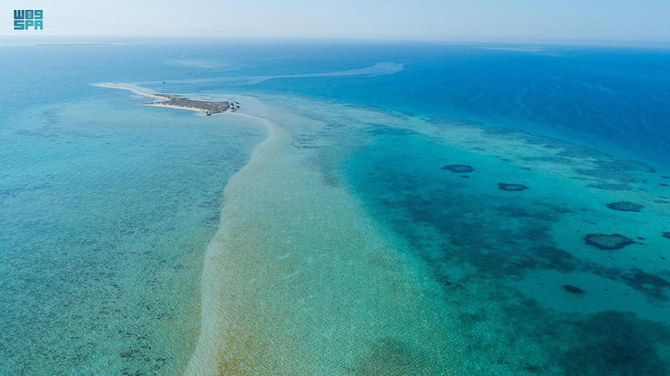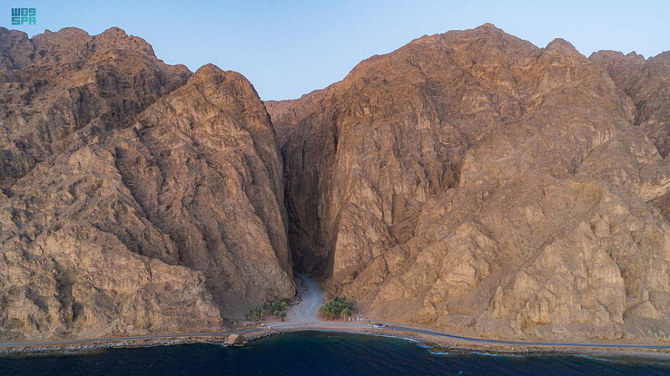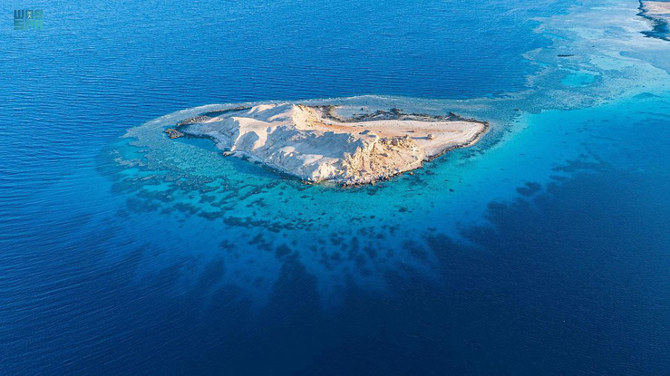Tabuk has an expansive coastline extending 700 kilometers, hosting an estimated 100 islands and stunning beaches from Haql in the north, passing through Al-Bida and Duba to Al-Wajh and Umluj in the west.
The picturesque northwestern part of the Kingdom attracts many visitors, and numbers increased after the launch of Vision 2030, which is focused on protecting the environment and promoting tourism by implementing development projects such as at NEOM, Amaala and the Red Sea.
Tabuk is also a safe habitat for thousands of migratory birds that cross between the continents of Asia and Europe.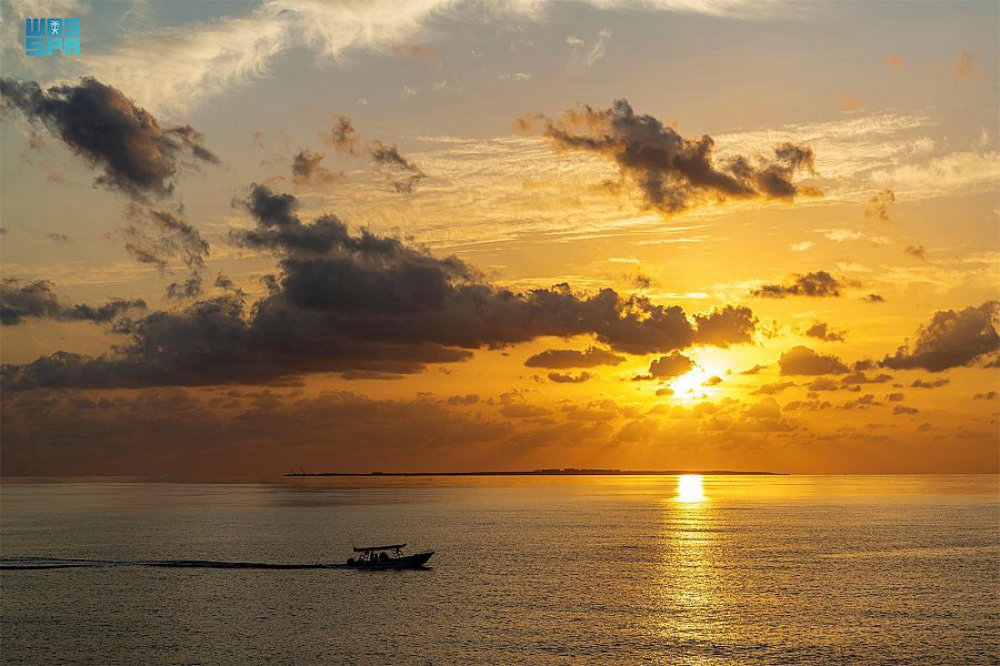
The region and its islands boast pristine white beaches and clear turquoise waters, prompting visitors to leave technology and the hustle of modern life behind to soak in the nature.
In Umluj, visitors can flock to its famous Duqum Tourist Beach that has sandy hills, coral reefs, rich marine life and scores of thrilling activities.
Around 170 kilometers north lies Al-Wajh and the beaches of Sharm Za’em and Al-Durar, popular for various types of rocks and coral reefs, and around 40 kilometers further on is the beautiful Hawaz beach.
Al Rumaila, Wahban, Al-Harraba, Al-Ma’aliq, Al-Falaq, Antar, Umm Anam, Al-Seeh, Al-Nakhira, and Umm Al-Tin are some of the beaches in the south of the region that have beautiful sea and sandy shores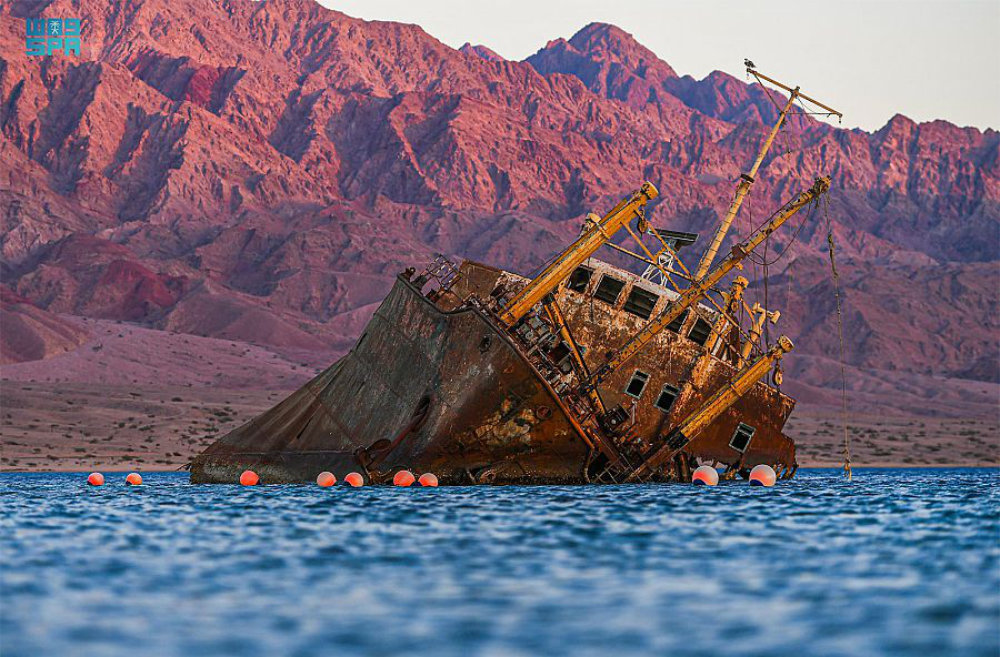
Duba, which is approximately 150 kilometers from Al-Wajh, hosts quiet beaches at Al-Sajdah, Al-Muwailih, Sharma, Al-Sura, Al-Khuraiba and Qayal.
In Al-Bidaa, which is about 200 kilometers further on from Duba, the beaches formed in a valley of Al-Tayyib Asm have a majestic view of the mountains.
Haql beach, which is 93 kilometers away from Al-Bida, has a unique climate compared to the rest of the beaches of the Kingdom, with low humidity levels and clear waters.
Al-Nakhil, the oldest site inhabited by residents and tourists in Haql, has a crescent-shaped beach with mountains toward the south.
From the beaches of Al-Sultanah, Umm Anam, Shureh and Al-Wasl, visitors can also clearly see a number of the Kingdom’s neighboring countries.


